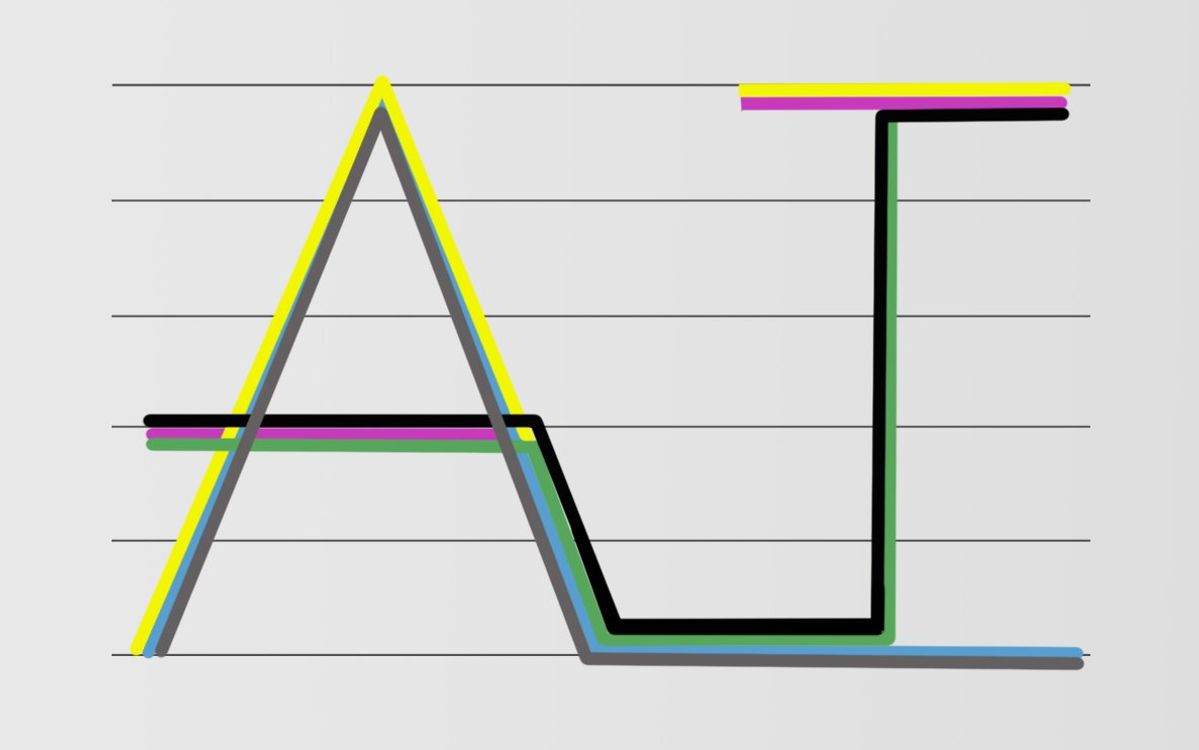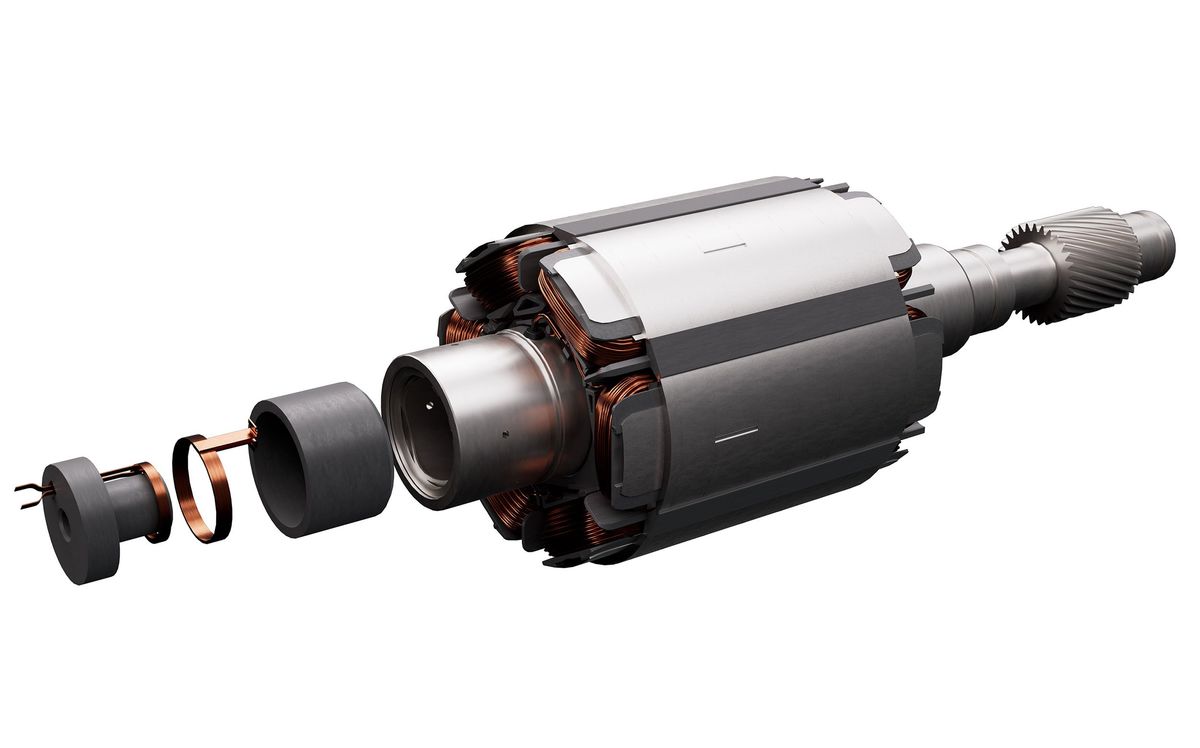France’s Nicolas Sarkozy proposed this week that the country impose a 17 euro/tonne tax on carbon emissions, in order to further its stated objective of cutting the country’s emissions 25 percent by 2050. Considering that France’s carbon emissions are already relatively low because of its strong reliance on nuclear power and low auto usage, you'd think that environmentalists would be hailing his initiative. But to judge from local and international reports, most of the country’s environmental leaders have denounced the proposed tax as too limited and too low--while everybody else considers it an annoying addition to what is already a very heavy tax burden.
The tax would not apply to the electricity sector, because four-fifths of the country’s power is generated by zero-carbon nuclear reactors already. It would mainly affect industrial use and, for consumers, home heating and automotive fuel. Set initially at a level that is roughly equivalent to where carbon is currently selling in the European cap-and-trade system, the tax translates to about five or six cents per liter of gasoline. Sarkozy argues, quite reasonably one would think, that consumers should not expected to pay a higher fee for carbon emissions than big industrial emitters pay.
Why does that argument not satisfy Sarkozy's critics? Probably, it seems, because the initiative is widely considered a political ploy. In the most recent elections, France’s environmentalists have been making gains, while the country’s democratic socialists--despite the recession--have been squeezed. So Sarkozy's move is dismissed as a transparent effort to outflank the socialists and build bridges to environmentalists, who normally tend to be allied with the socialists.
President Obama may be finding cap-and-trade a tough sell in the United States, but at least he can take comfort that he is not accused of being insincere and Machiavellian. If, despite the opposition, Sarkozy gets the French parliament to approve the tax, France will be the first major power to adopt a carbon tax. Finland has had one since 1990 and Sweden since 1991; Switzerland has taxed all imports of fossil fuel since the beginning of last year. One thing that's clear from such experience: very successful economies can put a pretty stiff fee on carbon without suffering unduly. Sweden's carbon tax is more than five times as high as what Sarkozy is proposing--and Sweden, with an electriicity sector that is virtually carbon free, also has relatively low national emisions.


